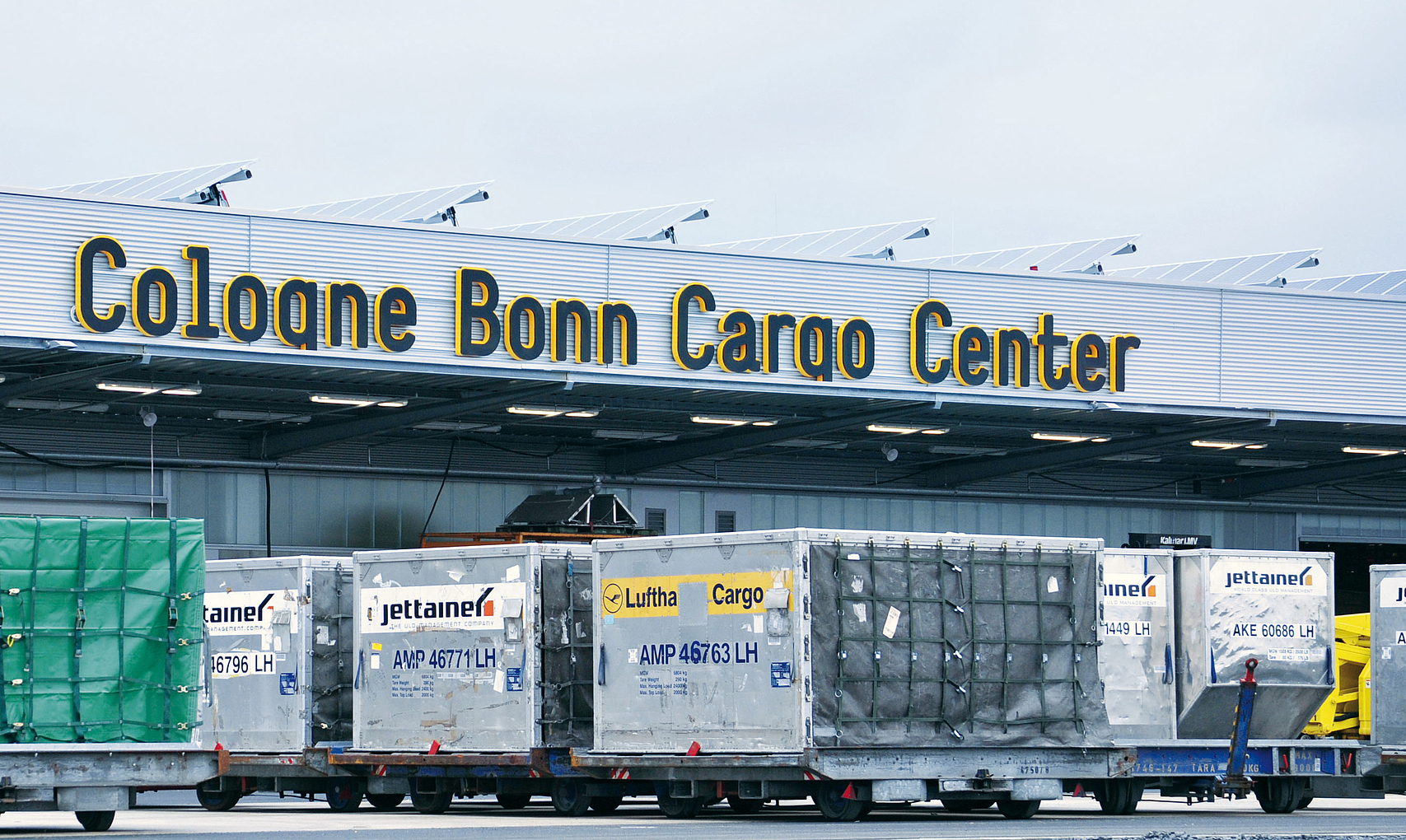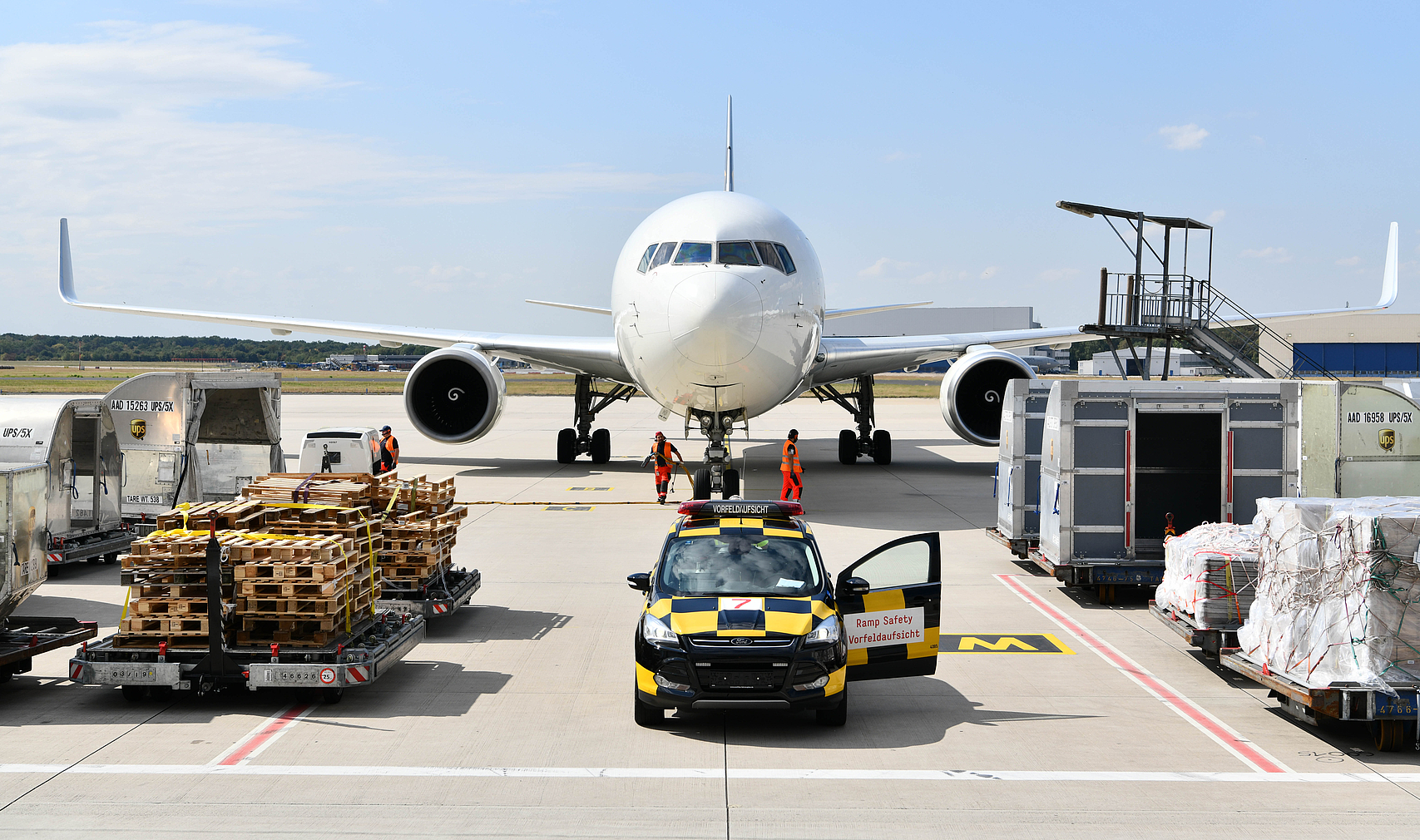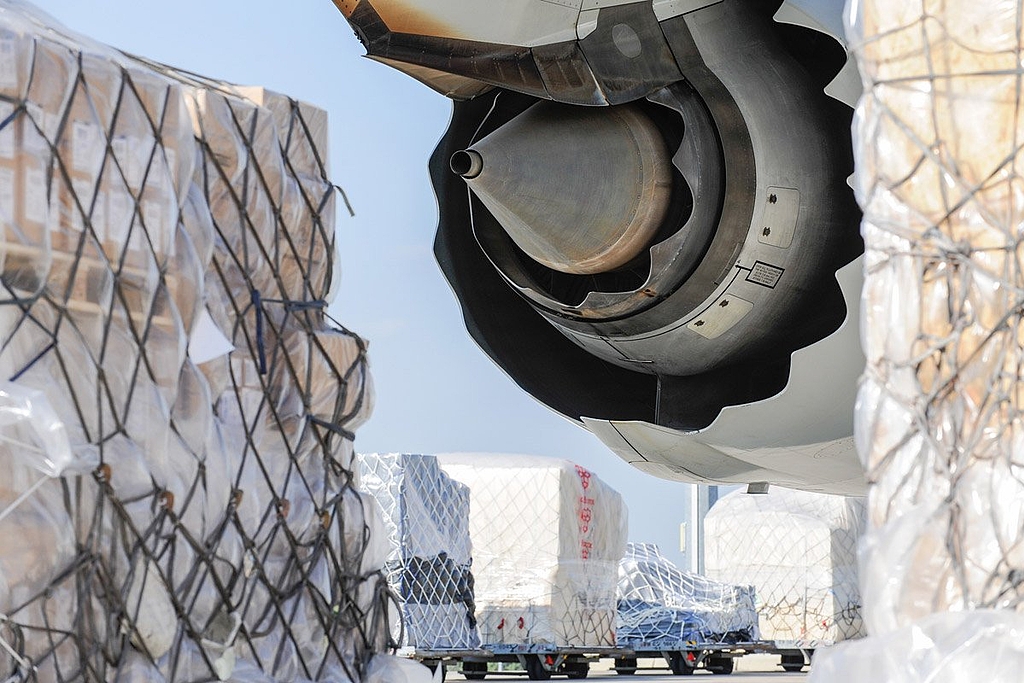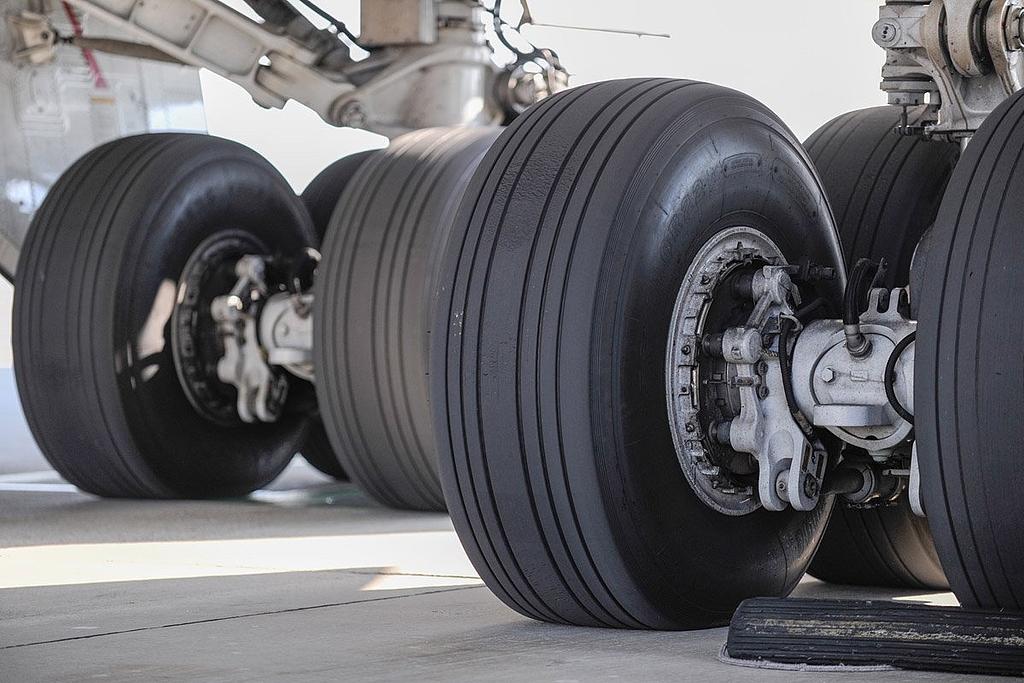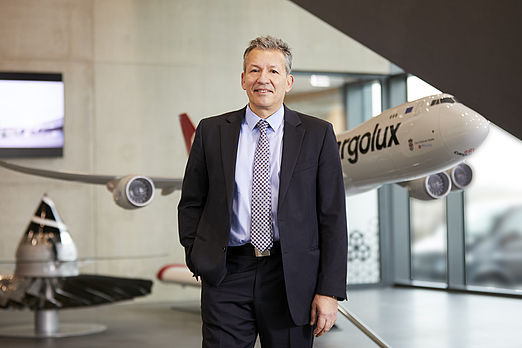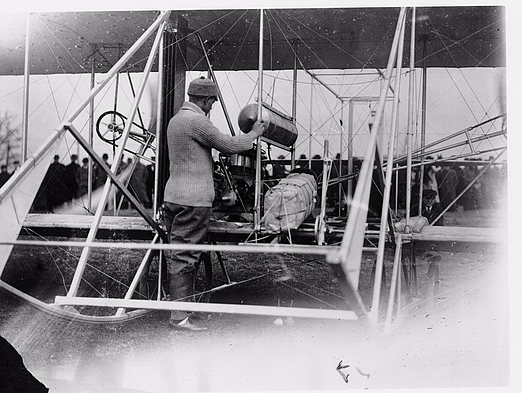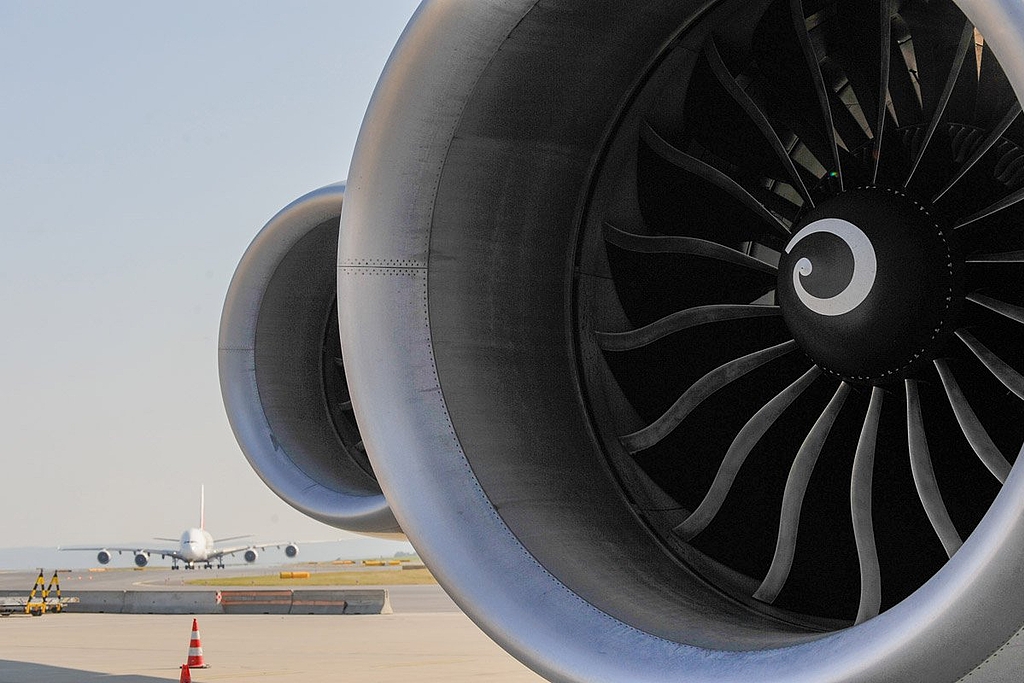An interview with Torsten Wefers, Director Cargo at CGN
“We did not expect such a fast and sustainable development.”
- Interviews
Cologne Bonn Airport (CGN) is one of the most important commercial airports in Germany for both passengers and cargo. A particularly important pillar is air freight, which has remained stable even during the pandemic. In 2021, 986,000 tons of goods were handled - a record high. We took these developments as an opportunity to talk to Torsten Wefers, Director Cargo, about the consequences of the pandemic in the e-commerce business, research projects on transport drones and the comparatively environmentally friendly orientation of the airport.
